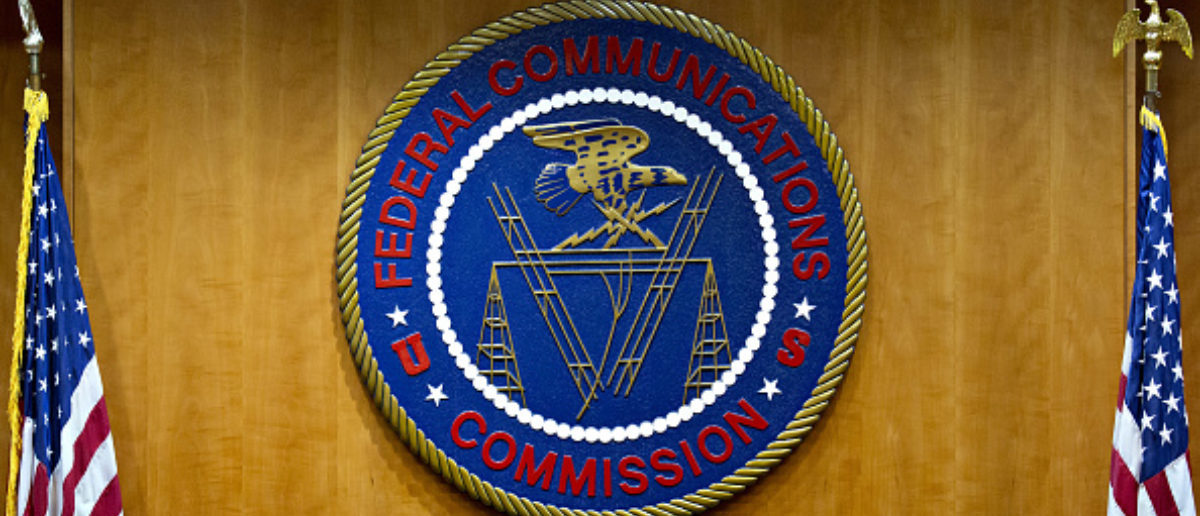Federal Communications Commissioner Ajit Pai announced Wednesday a plan to dramatically increase the United States’ wireless internet speeds to help pave the road to the kind of technology Americans can rely on to better cope with another coronavirus outbreak.
Pai proposed a plan to make 1,200 MHz of spectrum available for unlicensed use across the country as Americans become reliant on remote connectivity to slow the spread of COVID-19, which originated in China before traveling to the United States. Such a move could allow the so-called Internet of Things to pick up speed, connecting all devices to wireless internet.
“I’ve consistently said that @FCC’s decision on 6 GHz band would be driven not by politics or press releases, but by physics. My plan reflects that: it’s calibrated to protect incumbent users from harmful interference & allow #WiFi6 to thrive. Appreciate our engineers’ hard work!” Pai said in a tweet Wednesday, referring to making the spectrum available on the 6 GHz band.
I’ve consistently said that @FCC‘s decision on 6 GHz band would be driven not by politics or press releases, but by physics. My plan reflects that: it’s calibrated to protect incumbent users from harmful interference & allow #WiFi6 to thrive. Appreciate our engineers’ hard work!
— Ajit Pai (@AjitPaiFCC) April 1, 2020
Pai also explained the move in a detailed blog post Wednesday on Medium, telling readers that he expects that “6 GHz unlicensed devices will become a part of consumers’ everyday lives.” (RELATED: Former Rep Hopes Coronavirus Fallout Convinces US To Distrust Chinese Tech, Build Up Its Own 5G)
If the FCC passes his proposal, Pai suggested, then it will play a role in the “Internet of Things, connecting appliances, machines, meters, wearables, and other consumer electronics, as well as industrial sensors for manufacturing.” The agency will vote April 23 on the proposal, which opens the 6GHz band for complete unlicensed Wi-Fi use. 6GHz has more than twice as much bandwidth as the traditional 5GHz.

The Federal Communications Commission (FCC) seal Andrew Harrer/Bloomberg via Getty Images
Industry analysts are championing the move.
“We’re expecting the first set of devices to come to market in the second half of this year,” Vijay Nagarajan, vice president of marketing for Broadcom’s Wireless Communications and Connectivity Division, told CNET on Wednesday. “You’ll see a whole slew of devices, both on the infrastructure side and on the client side, and much more in a much more accelerated manner in 2021.”
Pai’s suggestion came nearly three years after critics claimed the FCC’s decision to effectively kill net neutrality, an Obama-era rule that dramatically beefed up regulations on the Internet. Supporters of the rule believe it forbids large Internet Service Providers (ISPs) from blocking content that slows down networks.
All content created by the Daily Caller News Foundation, an independent and nonpartisan newswire service, is available without charge to any legitimate news publisher that can provide a large audience. All republished articles must include our logo, our reporter’s byline and their DCNF affiliation. For any questions about our guidelines or partnering with us, please contact licensing@dailycallernewsfoundation.org.


